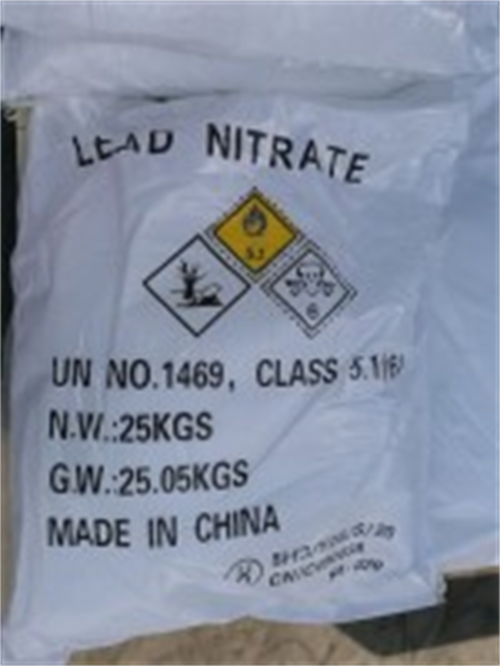



potassium nitrate soluble in water
The Solubility of Potassium Nitrate in Water
Potassium nitrate, a chemical compound with the formula KNO₃, is known for its various applications in agriculture, food preservation, and even in the manufacture of fireworks. One of the most significant properties of potassium nitrate is its solubility in water, which plays a vital role in its functionality across these diverse applications.
Understanding Solubility
Solubility refers to the ability of a substance to dissolve in a solvent, forming a homogeneous solution. For ionic compounds like potassium nitrate, solubility is influenced by temperature, ionic strength, and the presence of other solutes. Potassium nitrate has a high solubility in water, which means it can easily dissociate into its constituent ions—potassium (K⁺) and nitrate (NO₃⁻)—when dissolved. At room temperature, approximately 38 grams of potassium nitrate can dissolve in 100 milliliters of water, and this solubility increases with temperature.
Importance in Agriculture
The high solubility of potassium nitrate makes it an essential fertilization agent in agriculture. As a source of both potassium and nitrogen, it supports plant growth by facilitating essential biochemical processes. Potassium regulates various physiological functions, including enzyme activation, photosynthesis, and osmoregulation, while nitrogen is a fundamental component of amino acids and proteins. Farmers can take advantage of the solubility of potassium nitrate to create nutrient-rich solutions that can be directly applied to crops, ensuring that plants receive adequate nourishment quickly and efficiently.
Applications in Food Preservation
potassium nitrate soluble in water

In addition to its agricultural uses, potassium nitrate has historical significance in food preservation, particularly in curing meats. Its solubility allows for easy incorporation into curing brines where it helps inhibit the growth of harmful bacteria while also contributing to the development of flavor and color. However, the use of potassium nitrate in food processing has decreased over the years due to health concerns related to its consumption and the availability of safer alternatives.
Role in Scientific Research and Industry
Potassium nitrate’s solubility also makes it a valuable compound in laboratory and industrial settings. In various chemical reactions, it acts as a reagent and a source of nitrogen. Its high solubility allows researchers to create concentrated solutions for experiments, making it a crucial component in synthesis and analysis. Additionally, its use in pyrotechnics is notable; potassium nitrate serves as an oxidizer in the production of fireworks and explosives, providing the necessary oxygen for the combustion of other substances.
Environmental Considerations
While potassium nitrate is beneficial in many applications, its solubility can also lead to environmental concerns. When used excessively in agriculture, it can leach into groundwater, contributing to the contamination of water supplies with nitrates. High nitrate levels in drinking water can pose serious health risks, including methemoglobinemia, or blue baby syndrome, in infants. Therefore, responsible usage and regulation of potassium nitrate are essential to mitigate environmental impacts while still reaping its benefits.
Conclusion
In conclusion, the solubility of potassium nitrate in water is a defining characteristic that underpins its utility across various fields such as agriculture, food preservation, and industry. Its ability to dissolve readily in water facilitates its application as a nutrient source for crops and as a reagent in scientific research. However, careful management is necessary to minimize environmental risks, ensuring that potassium nitrate continues to serve its functions effectively and responsibly. Understanding and leveraging its solubility will be crucial as we navigate its uses in a world increasingly focused on sustainability.
-
Why Strontium Carbonate Still MattersNewsJun.06,2025
-
Why BaSO4 MattersNewsJun.06,2025
-
Why Barium Carbonate Still MattersNewsJun.06,2025
-
Strontium Hydroxide: A Versatile Compound for Modern ApplicationsNewsJun.06,2025
-
Strontium Chloride in Daily IndustryNewsJun.06,2025
-
Pure Potassium Nitrate for SaleNewsJun.06,2025
-
What Is Sodium Bisulfate Used For?NewsMay.15,2025










